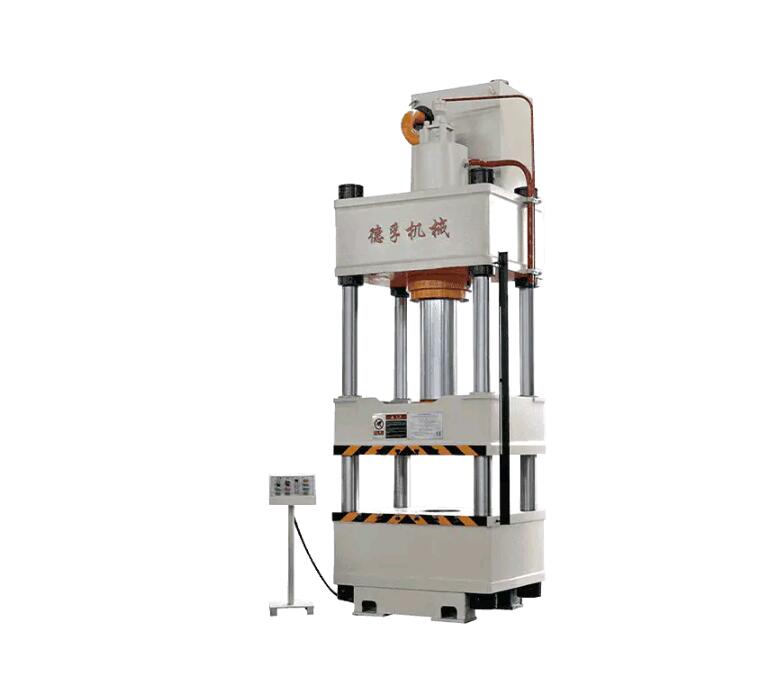In the world of modern manufacturing, precision and efficiency are paramount. As industries strive to meet increasing demand for high-quality products, the machinery used in the production process plays a crucial role. Among these machines, the hydraulic stamping press stands out as a vital tool in the fabrication of metal parts, components, and products. Known for its ability to deliver accurate, consistent results, the hydraulic stamping press has become an essential part of many manufacturing processes, particularly in industries such as automotive, aerospace, electronics, and metalworking.
One of the most important roles of a hydraulic stamping press machine is its ability to produce precise and accurate results. The hydraulic system allows operators to adjust the amount of force applied during the stamping process, making it easier to control the outcome. This is particularly important in industries where even small deviations in dimensions can lead to defective products or costly errors.
The press's ability to provide uniform and smooth force ensures that the material is shaped consistently and within tight tolerances. This precision is especially valuable when producing intricate designs, small components, or parts that need to meet specific quality standards. For example, in the automotive industry, hydraulic stamping presses are often used to create complex metal parts, such as car body panels, that must meet strict safety and aesthetic requirements.
Another significant role of hydraulic stamping press machines is their versatility in handling various materials. Hydraulic presses can work with a wide range of materials, including metals (such as steel, aluminum, brass, and copper), plastics, rubber, and composite materials. The flexibility to work with different materials makes hydraulic presses invaluable in a wide array of industries, including automotive, electronics, aerospace, and even packaging.
The hydraulic system's ability to apply controlled force makes it easier to work with materials of varying thicknesses and hardness. For example, thicker or tougher materials may require higher levels of force, while more delicate materials may need gentler pressure to prevent damage. The adjustable nature of hydraulic force allows manufacturers to achieve optimal results across a range of materials, ensuring that the press is a useful tool in diverse production environments.

https://www.zjdfjx.cn/product/hydraulic-press-machinery/fourcolumn-universal-hydraulic-machine-series.html
This series of hydraulic presses are suitable for all processes of stretching, bending, forming, blanking and flanging.
Computer optimized structural design, four-column structure is simple, economical and applicabile; frame-type structure is rigid, High precision and strong anti-offset ability.
Hydraulic control adopts plug-in integrated system, reliable action, long service life, small hydraulic impact and reduced Linked lines and leaks.
